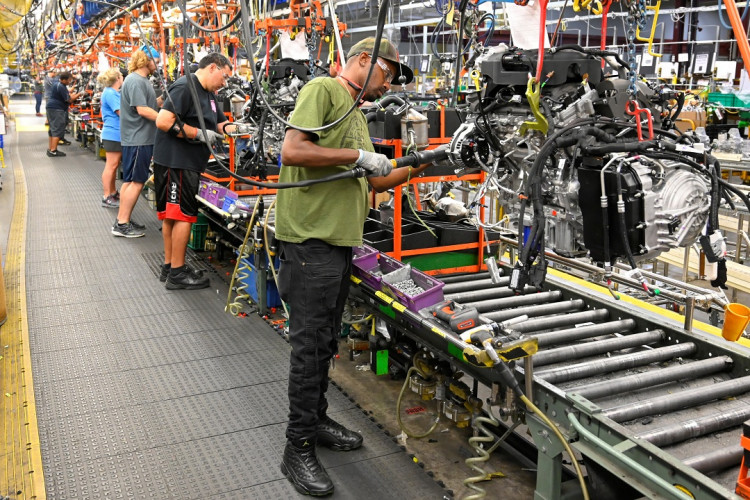In a significant move that could reshape the automotive industry's labor landscape, the United Auto Workers (UAW) union is pushing for a substantial wage increase of at least 30% from Detroit's three major automakers: Ford Motor Co., General Motors Co., and Stellantis NV. This development comes as the UAW continues its strike against these automotive giants, marking a pivotal moment in the union's history.
The proposed 30% wage hike is seen as a strategic maneuver by the UAW to not only satisfy its existing members but also to attract workers from non-unionized plants. Initially, the UAW had proposed a wage increase of around 40% to the automakers. However, after negotiations, the union believes that a 30% increase, which includes a cost-of-living allowance (COLA) and a general wage increment, will be more feasible and appealing to both parties.
The ongoing negotiations have had a noticeable impact on the stock market. Automaker stocks, particularly those of GM and Stellantis, have seen an uptick, with both companies witnessing a 2.5% gain in their US shares. On the other hand, Ford and GM have experienced significant declines since July, primarily due to uncertainties surrounding these wage negotiations.
UAW's current president, Shawn Fain, has been vocal about his mission to expand the union's reach. He aims to organize future electric-vehicle battery plants and is also targeting workers at Tesla Inc. and the US plants of various Asian and European automakers. It's noteworthy that the UAW's membership has dwindled over the years, dropping to 400,000 from its peak of over 1 million in the 1970s.
Ford has already put forth an offer of a 20% pay increase, supplemented by COLA payments. Meanwhile, the UAW had revised its wage raise demand to 36%. The ongoing negotiations are not just about wages; they encompass a range of issues, including investments in factories to secure jobs, compensation structures for workers at future battery plants, and retiree benefits. The union is also advocating for a return to traditional pension schemes.
The UAW initiated its strike against the three automakers on September 15th, marking the first instance of targeting all three companies simultaneously. Fain has warned of intensifying the strike if there isn't substantial progress in the negotiations by the end of the week.
In conclusion, the outcome of these negotiations will have far-reaching implications for the automotive industry, the labor market, and the future of unionized work in the United States.






